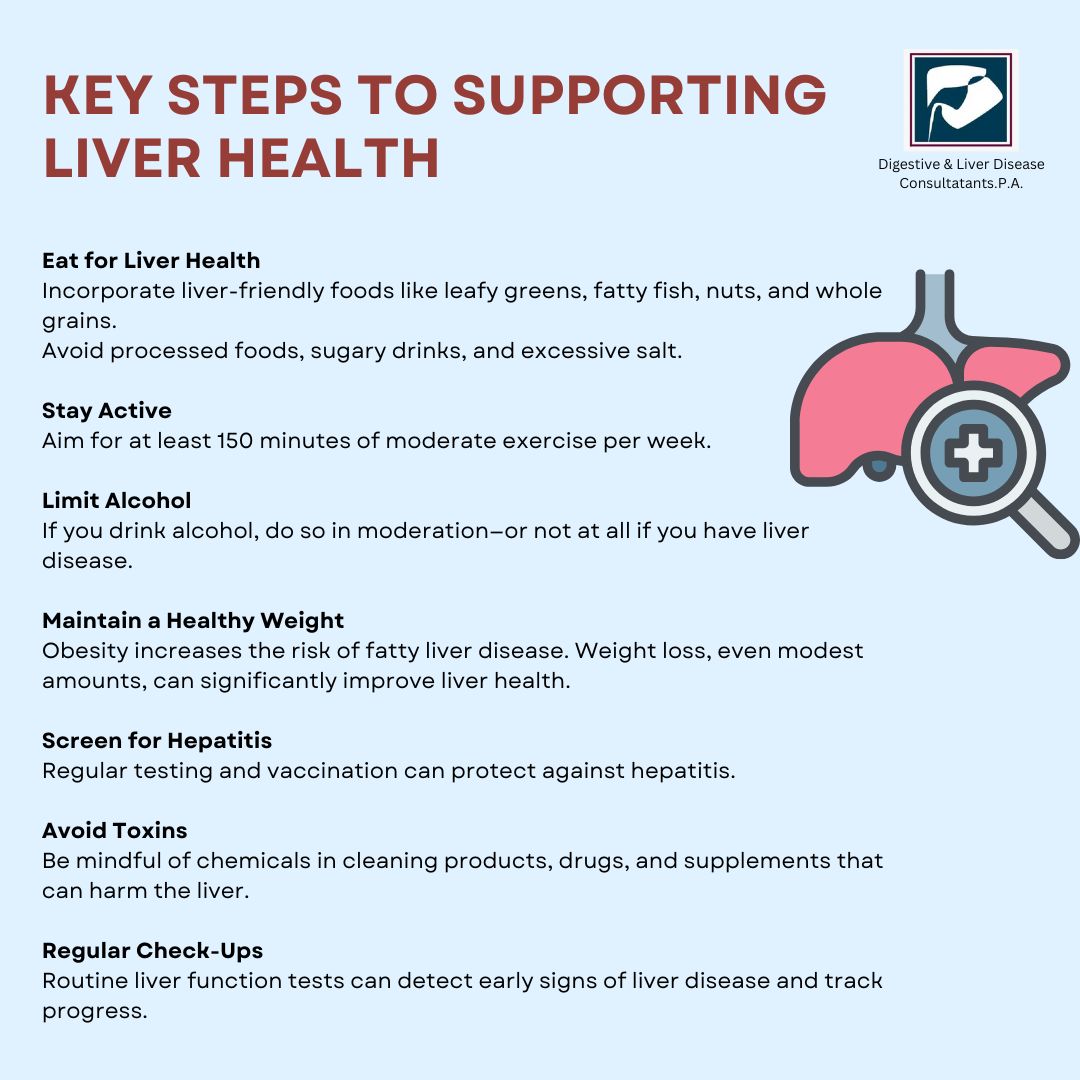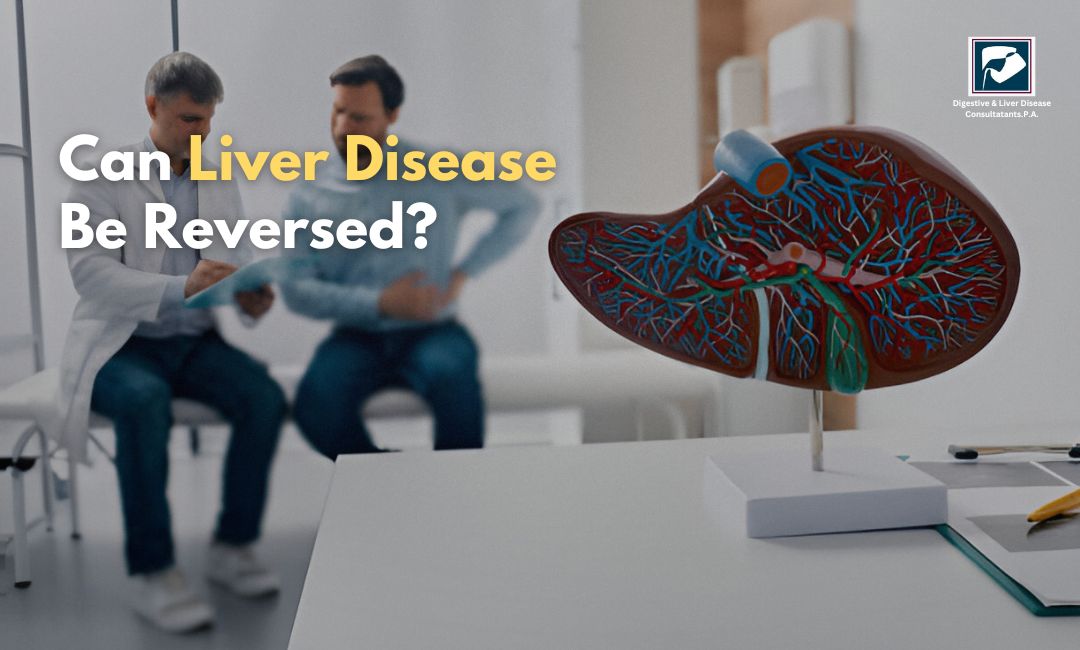The liver is one of the most hardworking organs in your body. It processes nutrients, detoxifies harmful substances, produces essential proteins, and helps regulate metabolism. However, the liver is not invincible. Over time, various factors—such as poor diet, alcohol consumption, viral infections, or certain medical conditions—can lead to liver damage and even liver disease. The good news? In many cases, liver disease can be slowed, managed, or even reversed with the right care and lifestyle changes.
Let’s explore how liver disease develops, what reversal entails, and how you can give your liver the best chance to heal.
Understanding Liver Disease
Liver disease isn’t a single condition—it refers to a wide range of liver-related problems. Some common liver conditions include:
Fatty Liver Disease (NAFLD and AFLD):
Fatty liver disease occurs when fat builds up in the liver. Non-alcoholic fatty liver disease (NAFLD) is linked to obesity and poor diet, while alcoholic fatty liver disease (AFLD) is caused by excessive alcohol consumption.
Hepatitis (A, B, C, D, E):
Hepatitis is inflammation of the liver, often caused by viral infections. Chronic hepatitis B and C can lead to long-term liver damage if untreated.
Cirrhosis:
Cirrhosis is the scarring of the liver, often resulting from long-term damage. While early stages are manageable, advanced cirrhosis is irreversible.
Liver Cancer:
Long-term liver damage increases the risk of developing liver cancer. Regular screenings are essential for early detection.
Autoimmune Liver Diseases:
Conditions like autoimmune hepatitis and primary biliary cholangitis (PBC) occur when the immune system attacks liver cells.

Can Liver Disease Be Reversed?
The liver has a remarkable ability to repair and regenerate itself. However, the potential for reversal depends on several factors, including the type and stage of liver disease.
1. Fatty Liver Disease
Fatty liver disease, especially in its early stages, is highly reversible. Lifestyle changes can work wonders:
Healthy Diet: Focus on whole, nutrient-dense foods like vegetables, lean proteins, and healthy fats. Cut back on sugar, refined carbs, and fried foods.
Exercise: Regular physical activity can reduce liver fat and improve overall health.
Limit Alcohol: Even small amounts of alcohol can worsen fatty liver.
2. Alcohol-Related Liver Disease
If caught early, alcohol-related liver disease can improve significantly when alcohol consumption stops entirely. Abstinence gives the liver a chance to heal and prevents further damage.
3. Hepatitis
For viral hepatitis (such as hepatitis B and C), treatment options like antiviral medications can stop the virus from causing further damage. In some cases, these treatments can lead to long-term remission. Vaccination is also key to preventing hepatitis A and B.
4. Cirrhosis
Cirrhosis is a more advanced form of liver damage where scar tissue replaces healthy liver tissue. While scar tissue cannot be reversed, further damage can be slowed or halted by addressing the underlying cause. In some cases, liver function can stabilize or even improve with treatment and lifestyle changes.
5. Liver Cancer and Advanced Conditions
Once liver disease progresses to liver cancer or severe cirrhosis, reversal is unlikely. However, treatments like surgery, liver transplants, or targeted therapies can extend life and improve quality of life.
Key Steps to Supporting Liver Health
Whether you’re trying to reverse early liver disease or prevent further damage, these steps are essential:
1. Eat for Liver Health
- Incorporate liver-friendly foods like leafy greens, fatty fish, nuts, and whole grains.
- Avoid processed foods, sugary drinks, and excessive salt.
2. Stay Active
Aim for at least 150 minutes of moderate exercise per week.
3. Limit Alcohol
If you drink alcohol, do so in moderation—or not at all if you have liver disease.
4. Maintain a Healthy Weight
Obesity increases the risk of fatty liver disease. Weight loss, even modest amounts, can significantly improve liver health.
5. Screen for Hepatitis
Regular testing and vaccination can protect against hepatitis.
6. Avoid Toxins
Be mindful of chemicals in cleaning products, drugs, and supplements that can harm the liver.
7. Regular Check-Ups
Routine liver function tests can detect early signs of liver disease and track progress.
Digestive & Liver Disease Consultants, P.A. (DLDC)
At Digestive & Liver Disease Consultants, P.A., we are committed to providing expert care for a wide range of digestive and liver conditions. Our board-certified gastroenterologists and hepatologists offer advanced diagnostics and personalized treatment plans tailored to each patient’s needs.
With state-of-the-art facilities and a patient-centred approach, DLDC strives to empower individuals to take control of their liver health. From routine check-ups to complex procedures, our goal is to ensure that you receive compassionate and effective care at every step.
Conclusion
While liver disease can be serious, it is often preventable and, in many cases, reversible if caught early. Making healthy lifestyle choices, managing underlying conditions, and seeking medical care are key to protecting your liver.
If you are experiencing symptoms of liver disease or want to prioritize your liver health, schedule an appointment with our experts today.






